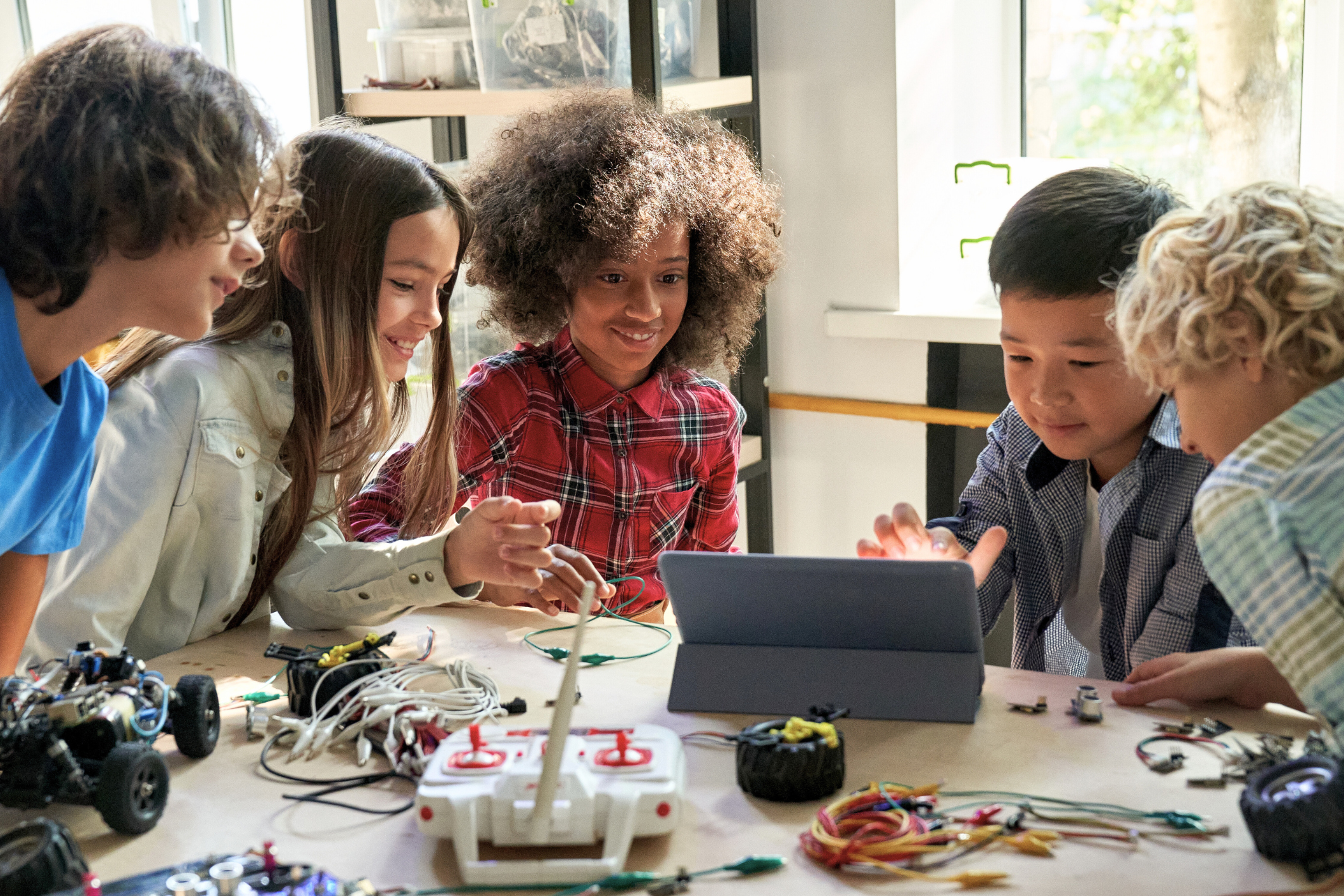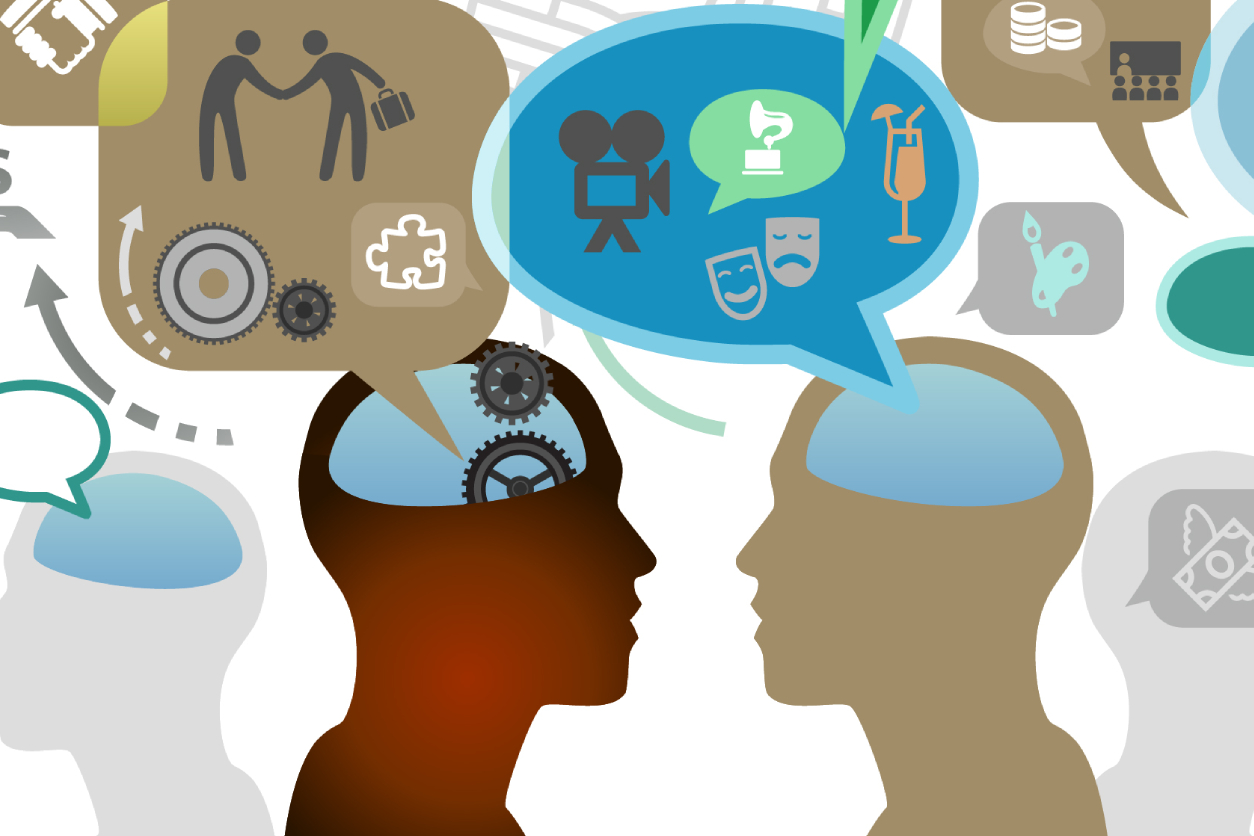Initiatives
New Jersey Promising Practices Project
R/ECON™
The mission of the Rutgers Economic Advisory Service (R/ECON™) is to improve the quality and accessibility of tools for economic forecasting and policy simulation. R/ECON, with the support of the New Jersey Policy Lab, will employ a comprehensive set of tools to provide accurate and timely assessments of the New Jersey economy. It is now more important than ever to provide state policymakers with economic policy recommendations based on rigorous evidence-based analysis.
Center for Negotiation and Conflict Resolution
The Center for Negotiation and Conflict Resolution (CNCR) works in public domains to improve the process of decision-making in order to yield results that satisfy interests and meet public needs. CNCR also works to improve dispute resolution processes. We believe that solutions that work–and last–are more likely to be achieved by constructive negotiation, consensus-building and problem-solving than by force or adversarial argument.



